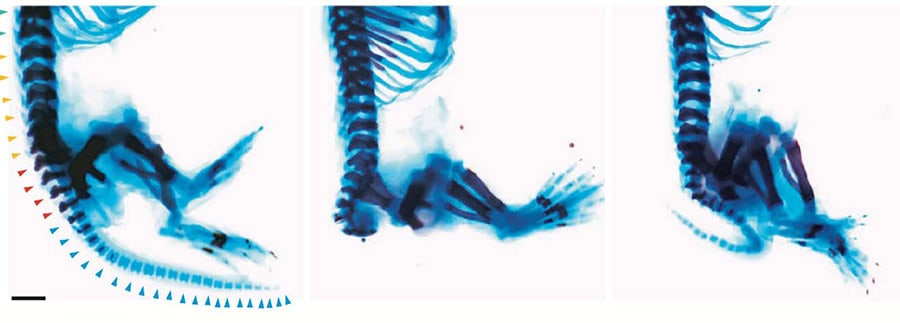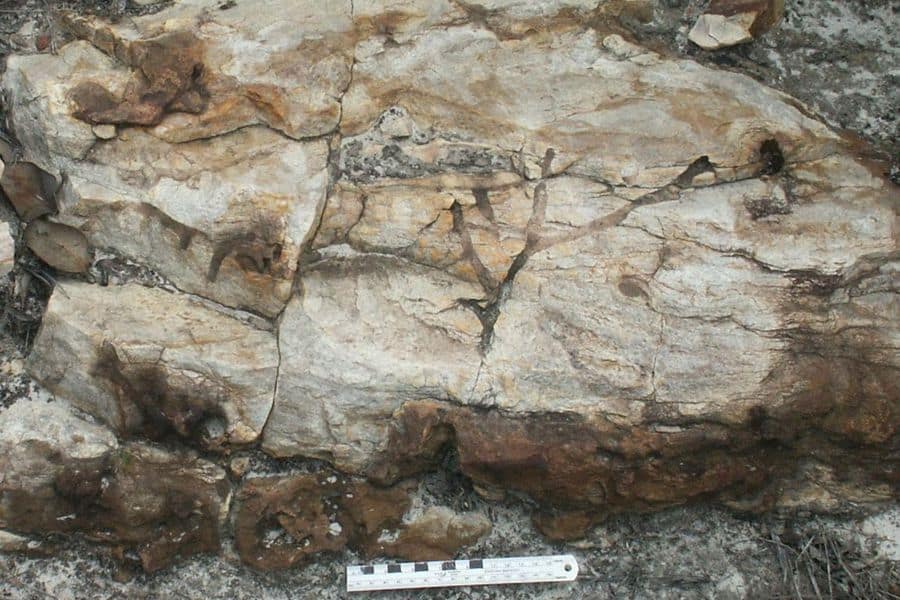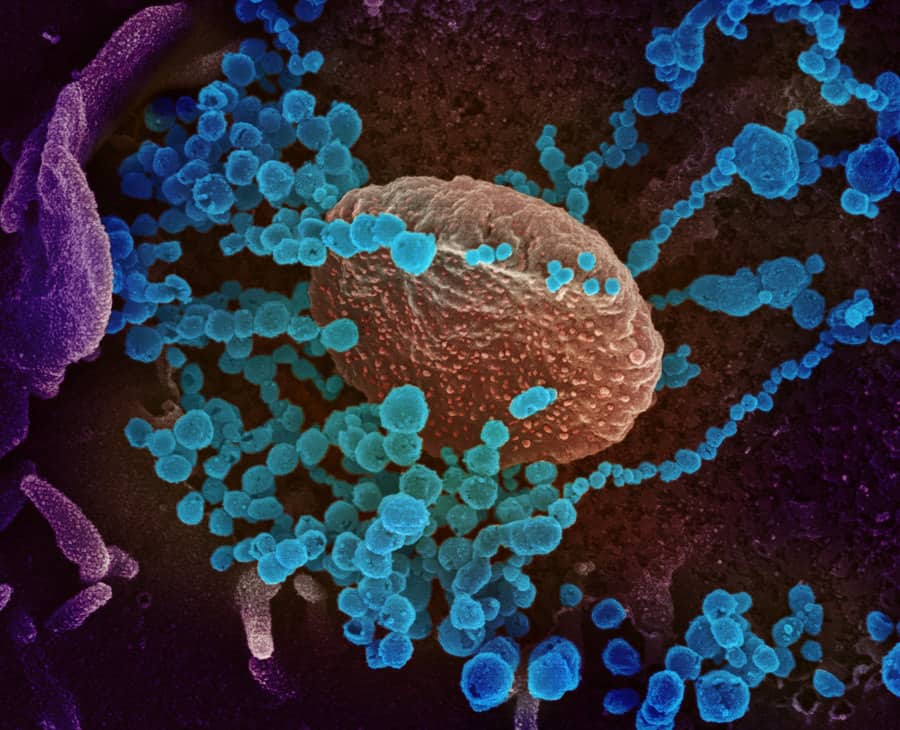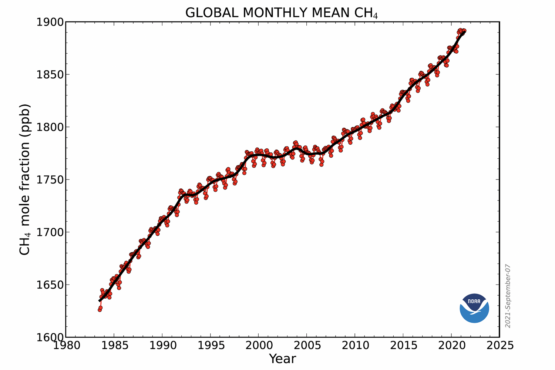Understanding how the human brain produces complex thought is daunting given its intricacy and scale. The brain contains approximately 100 billion neurons that coordinate activity through 100 trillion connections, and those connections are organized into networks that are often similar from one person to the next. A Dartmouth study has found a new way to […]
Read More








